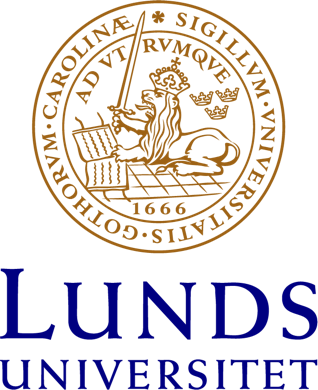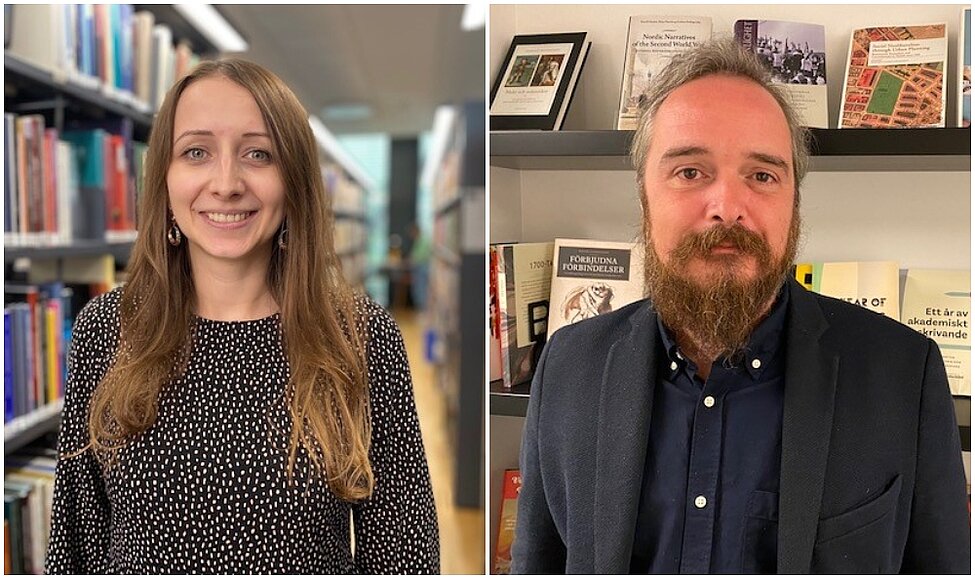Aniela Radecka graduated at the Faculty of Letters (Wrocław University) and wrote her PhD thesis about contemporary women's Ukrainian literature.
“I’m writing a grant application and my main research question is how Ukrainian women were ideologically implicated in the state building process on the reconstruction of the national identity after 1991. The formative process of the Ukrainian identity is reflected in literature, art and culture of the 1990s and 2000s, thus I will be looking into Ukrainian literary prose, culture, post-soviet gender order and the national imaginary.
The study shall put emphasis on the existing and exploited stereotypical narrations that establish the place and role of women in Ukrainian society. One of the most popular female figures in Ukraine is Berehynia (protectress of the nation, guardian of the domestic hearth).
My motivation to participate in the project is both my own development as a researcher and the opportunity to contribute to the research environment in the Wallenberg Academy Fellow project Ukrainian Long-Distance Nationalism in the Cold War. It is a great chance for me to develop academically and continue my research."
Francesco Zavatti is trained in Central and East European history, specialized in Romanian history and with a strong interest for transnational history and memory studies. He conducted his doctoral studies at Södertörn University College in Huddinge.
“Within the Wallenberg Academy Fellow (WAF) project Ukrainian Long-Distance Nationalism in the Cold War led by Associate Professor Per Anders Rudling, I am focusing on dynamics of grassroots solidarity in the borderlands between Romania, Moldova, and Ukraine. In my research, I am looking at those dynamics along the last hundred years with the aim to shed light on understudied but relevant histories for understanding the region's complexity.
In the past years I have researched, in distinct research projects, history of transnational humanitarianism and history of the memory work of the far-right. My present research, for many verses, recombines previous interests with new approaches and a new empirical focus.
I’ve visited Lund several time in the past years for research, I love it. I am very thankful that Prof. Per Anders Rudling selected me for this researcher position. I have now the opportunity to discuss my research with the other project members and with the colleagues at the Department of History. I am now working on several research applications – feedback is pivotal for improving them towards success.”

